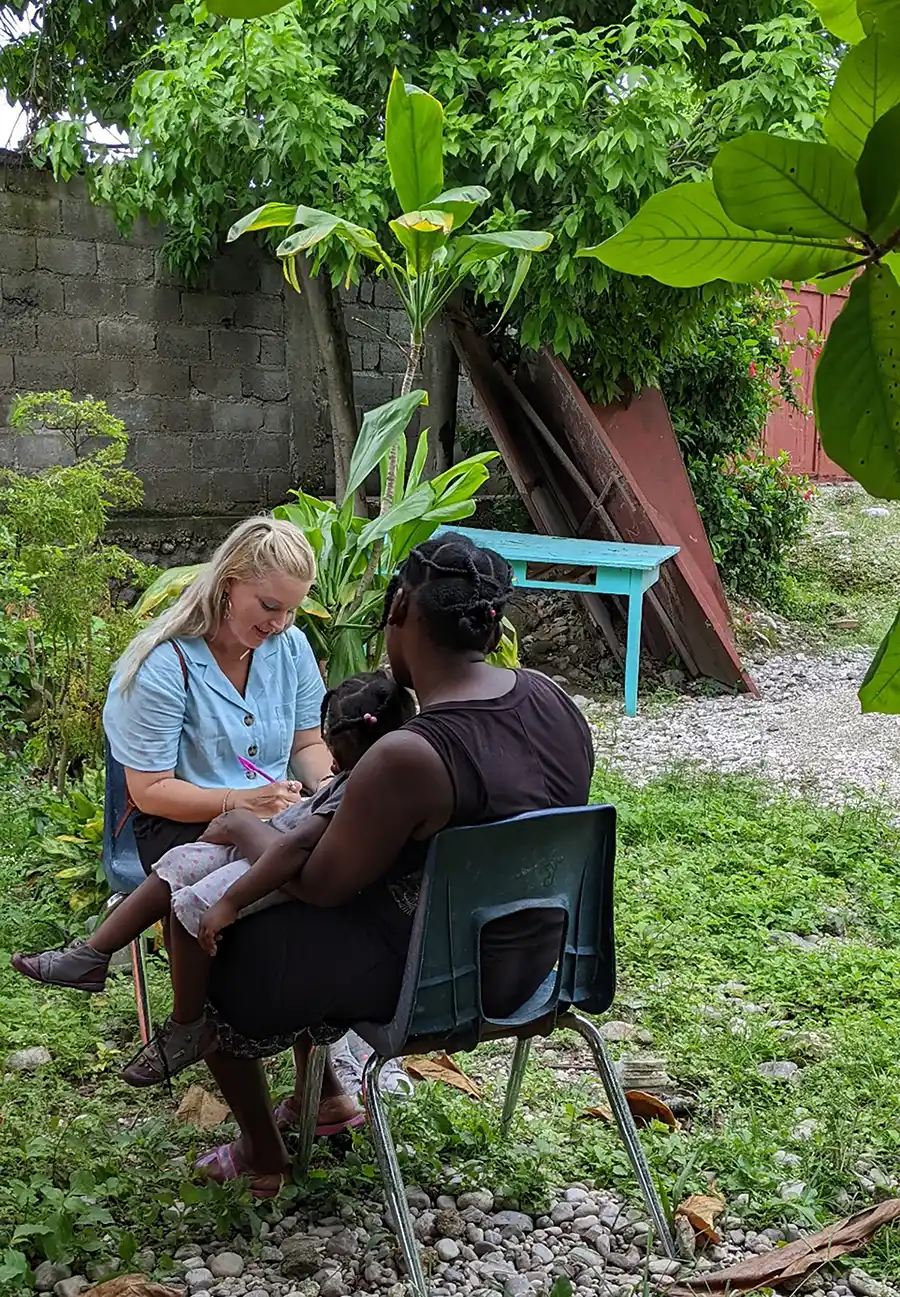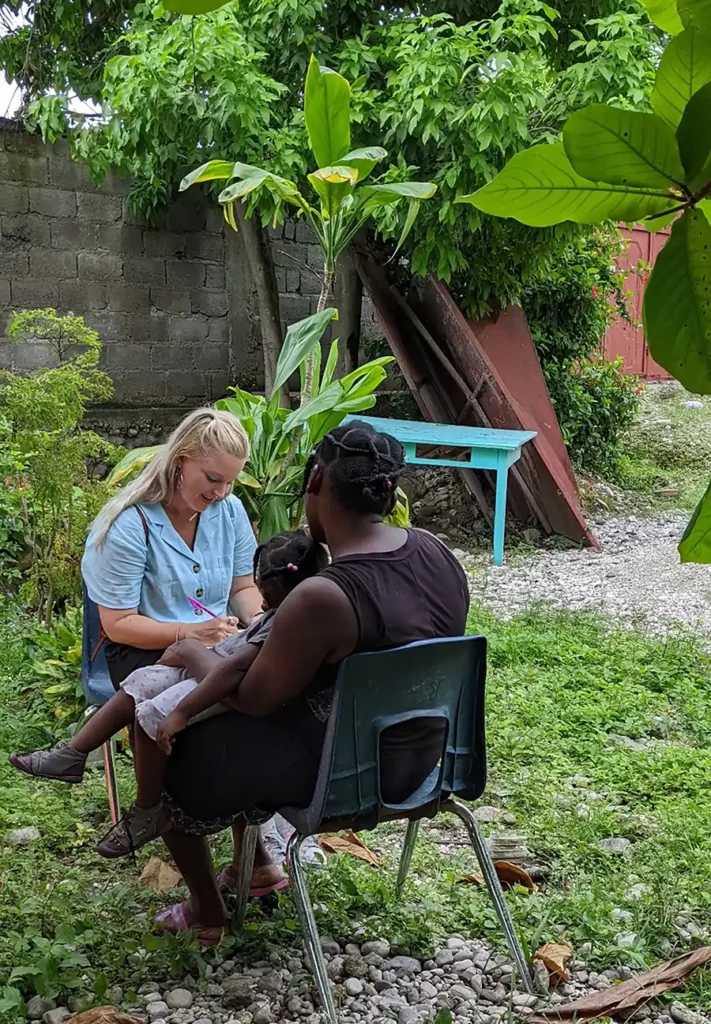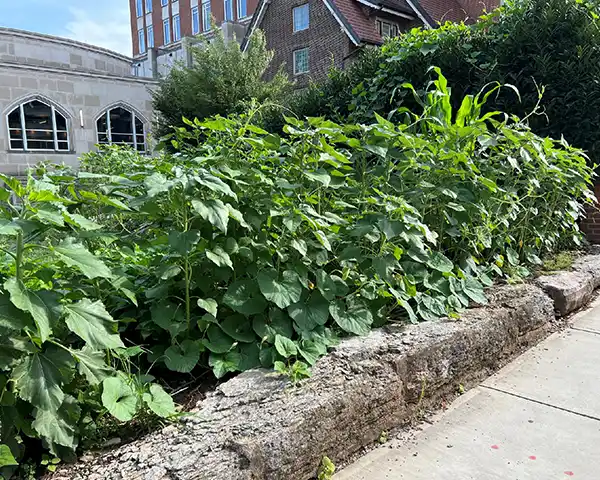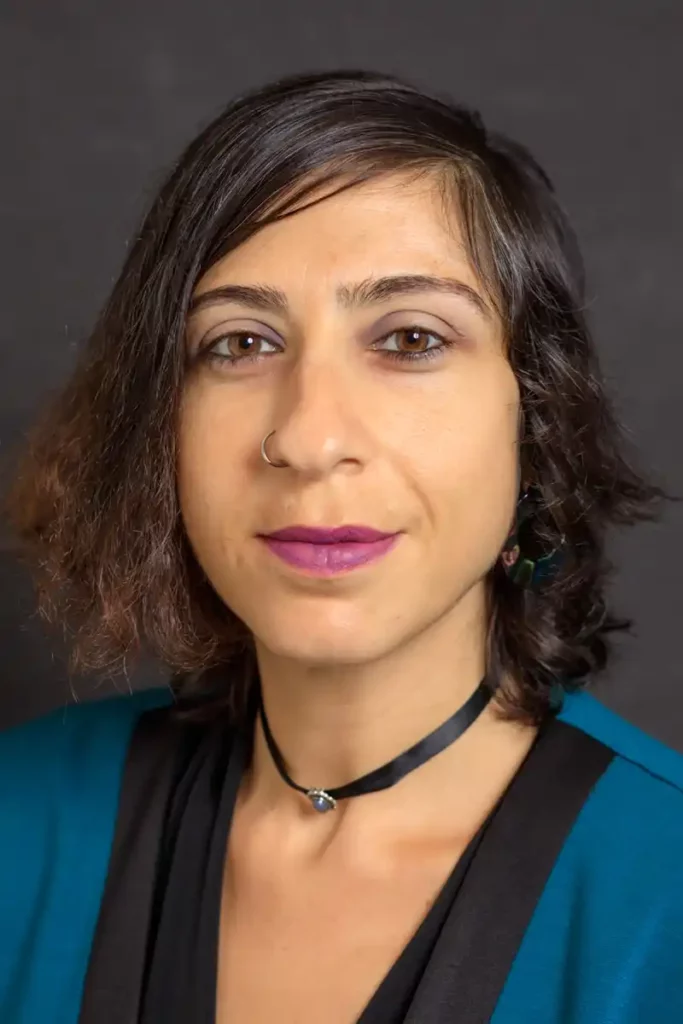Honor killings: Arsalan Khan interviewed by Le Monde
Honor Killings: Arsalan Khan interviewed by Le Monde
Arsalan Khan was interviewed by Le Monde, France, to share his insights into the social, historical and religious factors behind recent honor killings in Pakistan.
Excerpts:
Arsalan Khan, an associate professor of anthropology specializing in religion, gender, and violence in Pakistan at the University of Tennessee, analyzes virality as a double-edged sword: “The government acts when there is a huge scandal and pressure from civil society, urban groups, and human rights organizations, and when something becomes international.”
On the other hand, “documenting crime or punishment through video is part of the process of restoring honor within tribes; it is proof of honor saved for families.” According to him, in the case of the video of the murder of Bano Bibi Satakzai and Ehsan Ullah Samalani, “it is clear that the video was produced for internal purposes. It is quite possible that it was to build evidence to ‘restore honor.'”
Honor killings highlight the lack of regulation of jirgas, traditional tribal councils, which are responsible for extrajudicial decisions that perpetuate patriarchal values in Pakistan’s provinces. “Tribal organizations are organized around the idea of male descent, hence the desire to control women’s sexuality in order to preserve tribal unity,” explains Arsalan Khan.
For Arsalan Khan, the colonial period also played a key role in maintaining jirgas and perpetuating honor killings. According to him, the British regime strengthened these informal courts through its use of indirect rule, “a set of laws and policies that supported local authorities and involved a process of formalizing customary law in the 19th century.” “Jirgas still remain instruments through which the state is able to govern rural areas through them,” the researcher explains.












